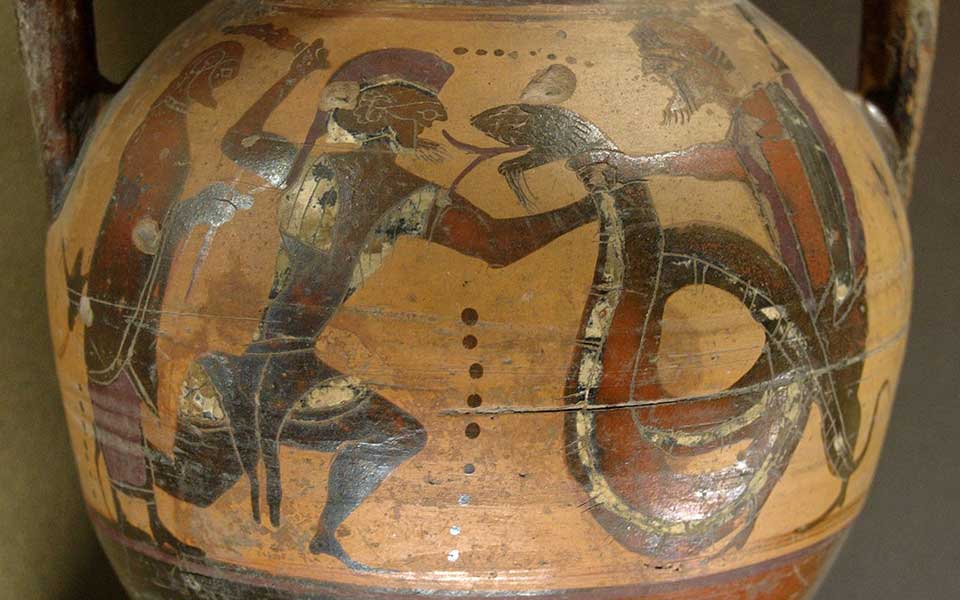For many, the name Cadmus might not have the same heroic ring as Hercules or Jason, but, to the ancient Greeks, he was an immensely important figure who, among other great exploits (no least founding the city of Thebes), was credited with introducing them to the first alphabetic writing.
He is unique in that he was the only venerated hero to have non-Greek origins, namely an incomer from the Levant. According to popular tradition, developed by the likes of Herodotus, Cadmus was a Phoenician prince, son of king Agenor and queen Telephassa of Tyre (in modern-day southern Lebanon), a rich and powerful city with maritime trade routes that stretched the length and breadth of the Mediterranean world.
As such, he was what the ancient Greeks would have called a “barbarian,” a non-Greek speaker.
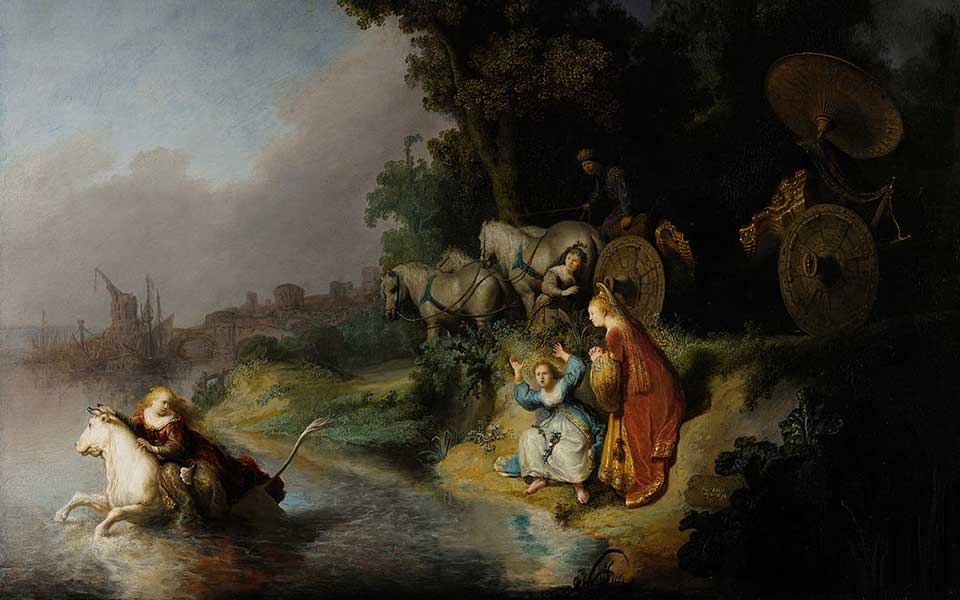
Searching for his sister, Europa
In the mythic repertoire, Cadmus’ adventures began when his princess sister, Europa (from whom the continent of Europe gets its name), was abducted by Zeus, disguised as a white bull, and carried across the sea from the shores of Phoenicia to the island of Crete. Upon revealing his true identity as the shape-shifting king of the Olympian gods, she bore him three sons, the most famous of whom was Minos, legendary king and progenitor of the Minoan civilization.
Back in Tyre, the distraught king Agenor commanded his three sons, Cadmus, Phoenix and Cilix, to rescue her, charging them to return only when they had found his beloved daughter. Phoenix and Cilix ventured off to different parts of Asia in search of their sister, Cadmus meanwhile set course for Greece.
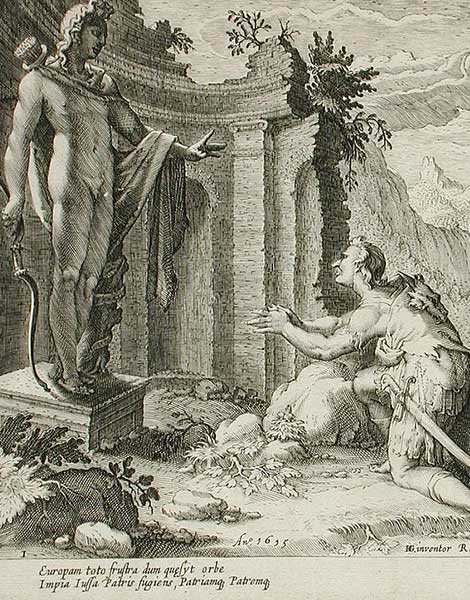
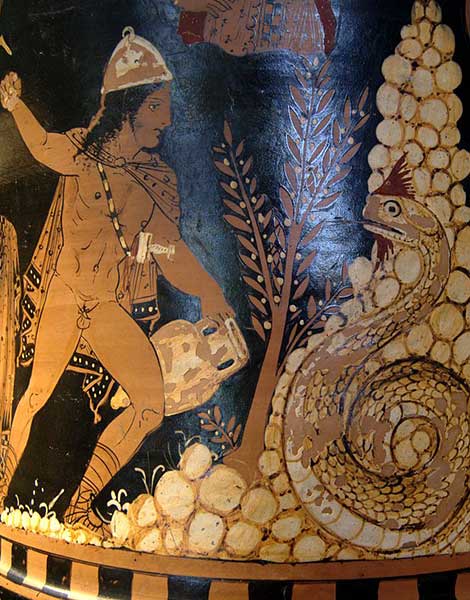
© Bibi Saint-Pol
In his quest, Cadmus visited Delphi – the “bellybutton” of the world – to consult the famous oracle for guidance. There, he was instructed to forego his search and embark on another mission: to found a city. The oracle told him follow a sacred cow and build a city on the precise spot where, exhausted, she laid down to rest.
Cadmus found the animal grazing among the herds of Pelagon, the local king of Phocis, conspicuous for the half-moon markings on her flanks. He followed her to Boeotia (literally “cow land”) in central Greece, where she came to rest near the banks of the River Cephissus.
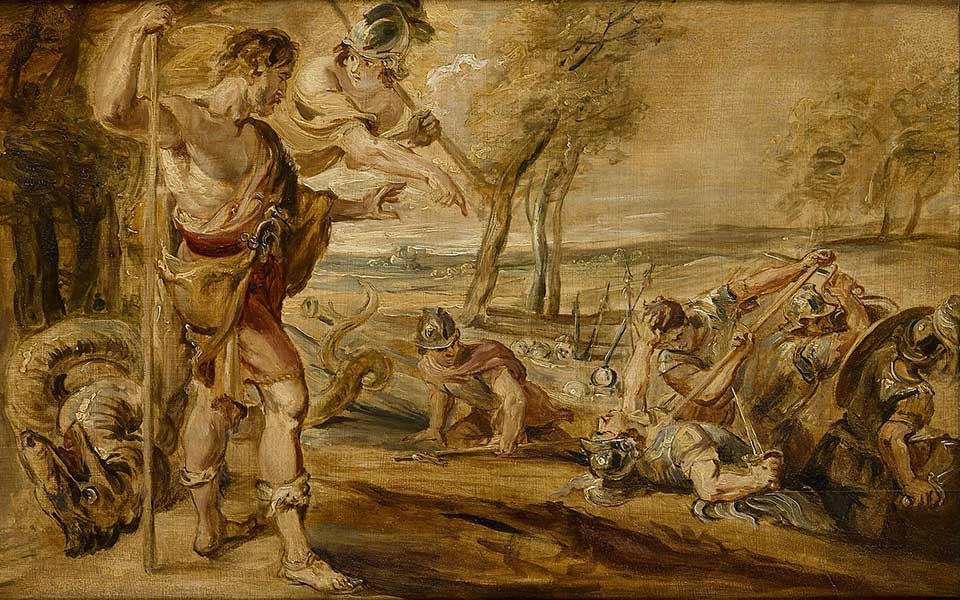
© Peter Paul Rubens (1577-1640)- Geheugen van Nederland
Sons of the Dragon’s Teeth – the Founding of Thebes
Knowing this to be the place to build his city, Cadmus sent two of his companions, Deioleon and Seriphus, to fetch water from a nearby spring, intending to sacrifice the sacred cow in honor of the goddess Athena. As the companions approached the water, they were attacked and devoured by a fierce dragon guarding the spring. In revenge, Cadmus killed the beast, which, according to the later Theban city-founding tradition, was an act that represented the triumphant arrival of a new order.
Athena then instructed Cadmus to sow the dragon’s teeth into the ground, from which a crop of fierce warriors known as the Spartoi (“sown men”) sprang forth, fully armed and ready for battle. Tossing a stone in their midst, they immediately descended upon each other, fighting until only five of the bravest and most skilled warriors remained.
The five warriors then subjected themselves to Cadmus, pledging everlasting loyalty, and assisted him in building the Cadmea, the citadel of Thebes. In doing so, they became the founders of the noblest families of the city.
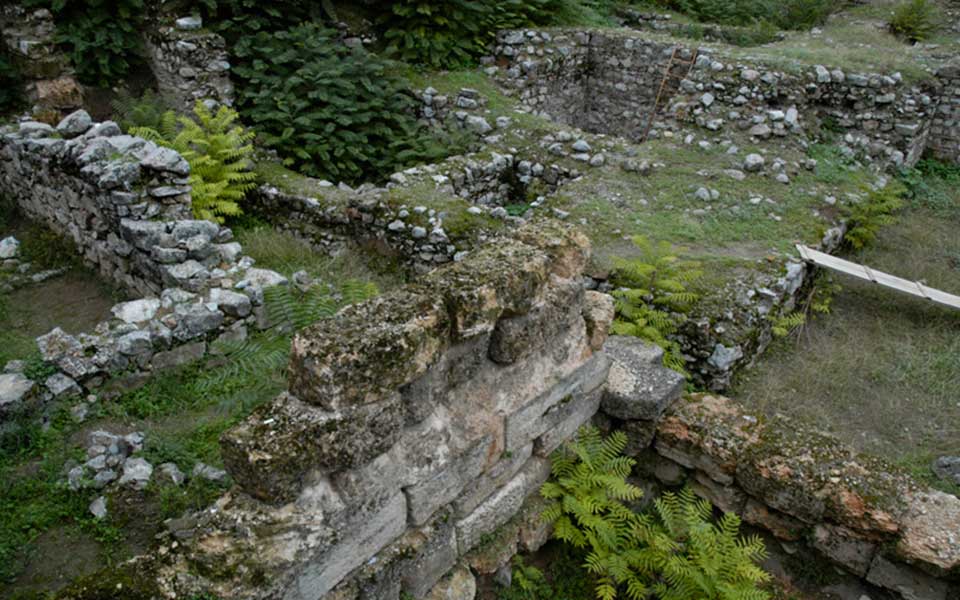
© Nefasdicere
The marriage to Harmonia, daughter of Ares
Upon founding this new city, as instructed by the Delphic oracle, Cadmus decided to give up the search for his long-lost sister and settle down to rule, but the Fates had something else in stall. Unbeknown to him, the guardian dragon he had slain had been sacred to the vengeful god of war, Ares, who demanded he do penance by serving him for eight long years.
Following his period of servitude, Ares forgave Cadmus and rewarded him by offering his daughter Harmonia’s hand in marriage – symbolic of the restoration or fulfillment of harmony in the land. They traveled to the island of Samothrace in the northern Aegean, sacred to the Cabeiri, a group of enigmatic (originally non-Greek) deities worshipped in mysterious underground cults. There he married Harmonia in a lavish wedding ritual with all the Olympian gods in attendance.
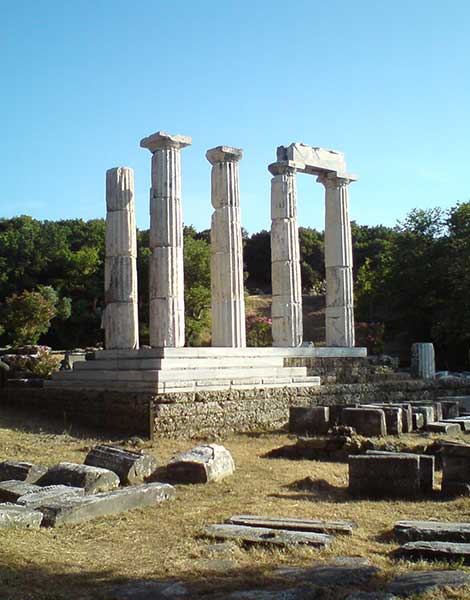
© Vasil Meg
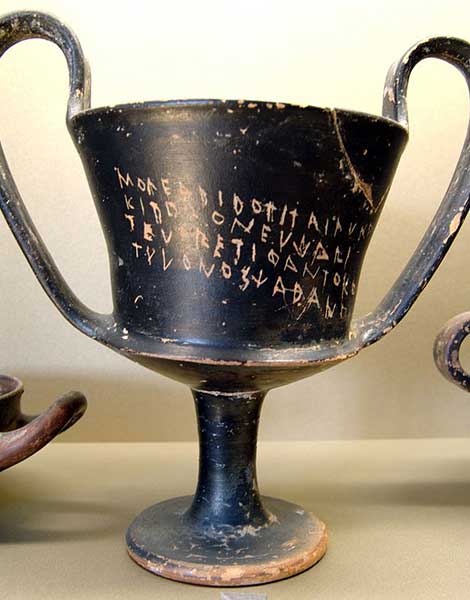
© Bibi Saint-Pol
“Cadmean Letters”
From a historical point of view, Cadmus’ Phoenician origins weaves into the accepted origins of the first alphabetic script in Greece (as opposed to the earlier syllabic script, Linear B, used in the Mycenaean Bronze Age), introduced from the Levant. The Greeks themselves referred to this script as either “Phoenician letters” or “Cadmean letters,” derived and adapted into the Greek alphabet sometime during the second half of the 8th century BC.
The historian Herodotus, writing in the 5th century BC, tells us: “The Phoenicians who came with Cadmus—amongst whom were the Gephyraei—introduced into Greece, after their settlement in the country, a number of accomplishments, of which the most important was writing, an art till then, I think, unknown to the Greeks.”
From its mythological origins, Cadmus’ city went on to become one of the most powerful and influential cities in Greece. Often overshadowed by its better-known rivals, Athens and Sparta, Thebes nevertheless boasted a well-irrigated and strategic position in the heart of the Greek mainland, and often played a pivotal role in the constant back-and-forth between warring factions and would-be invaders.
The region of Boeotia, in which Thebes became the dominant power, was the location of many key battles in Greek history. As such, ancient writers often referred to it as the “dancing floor of Ares.”

